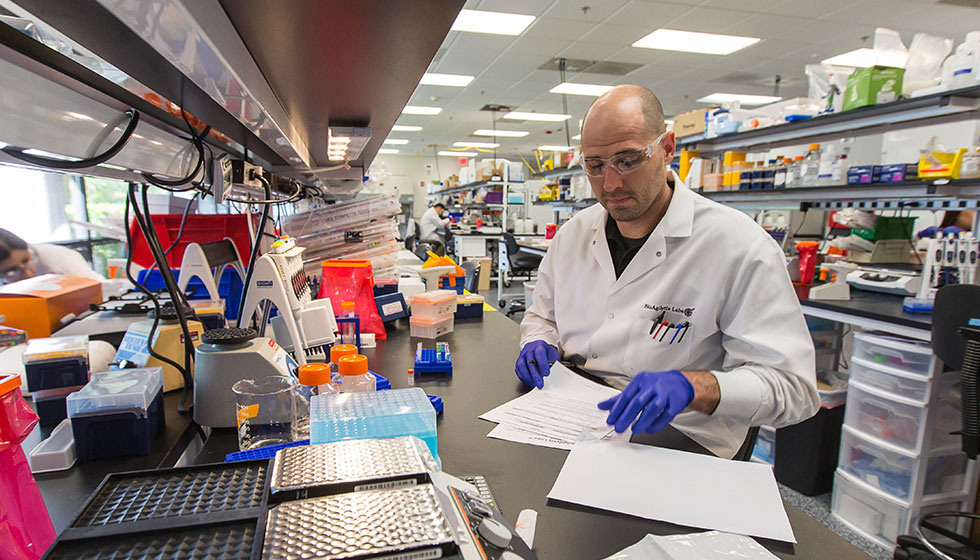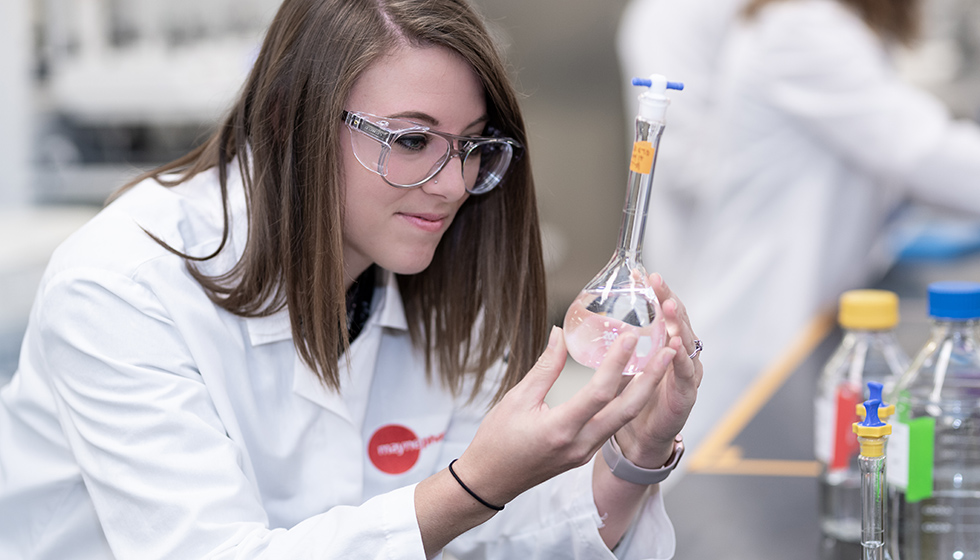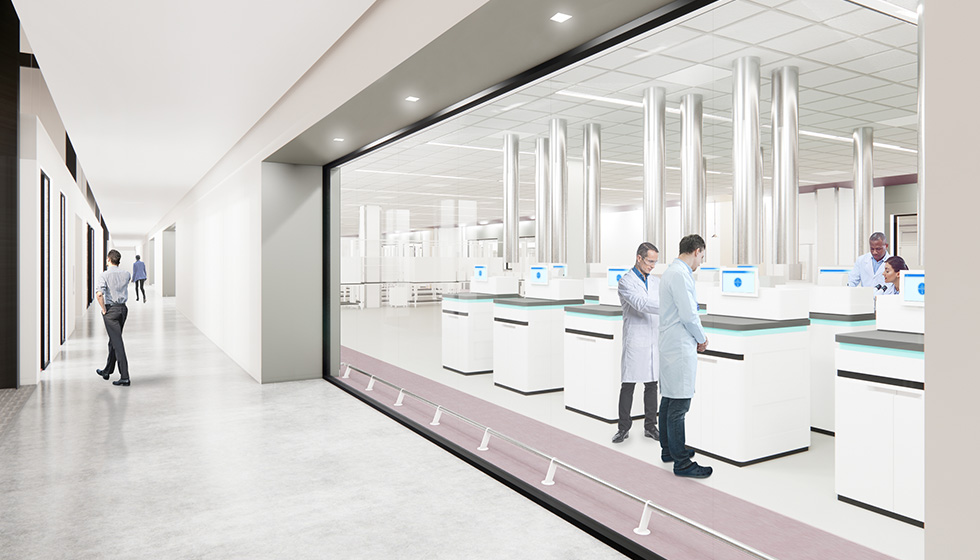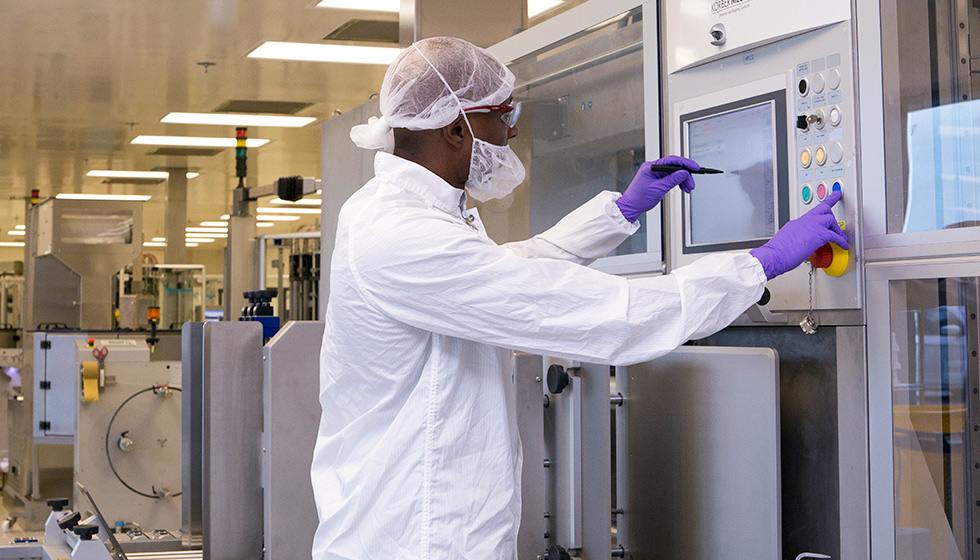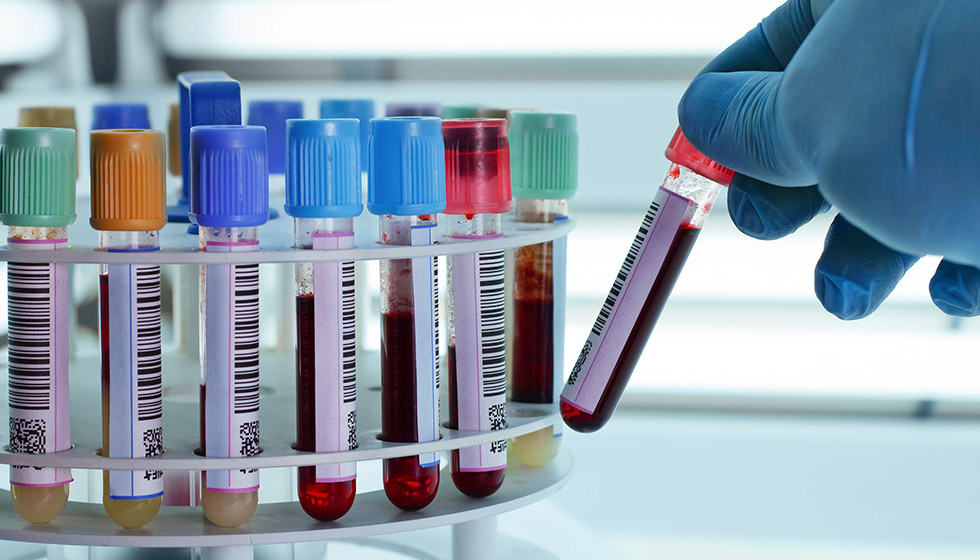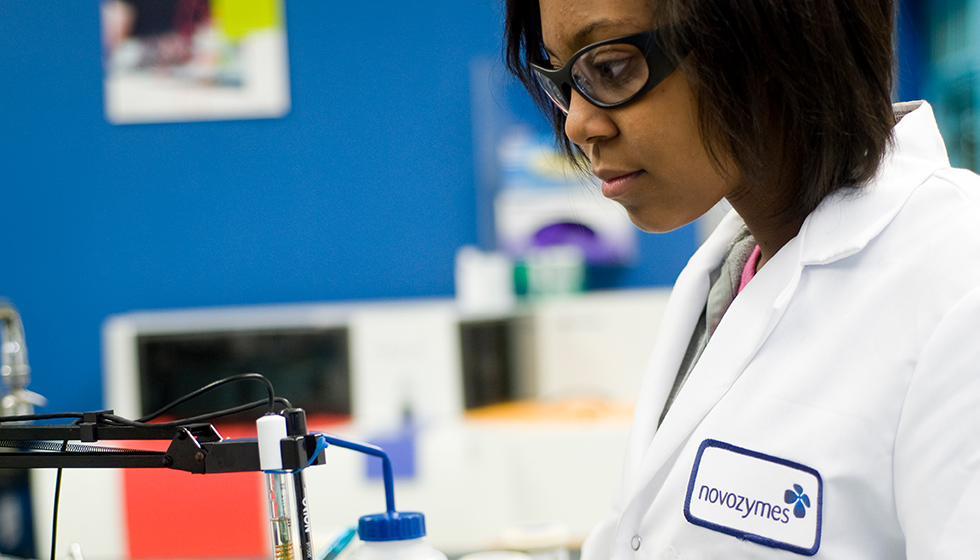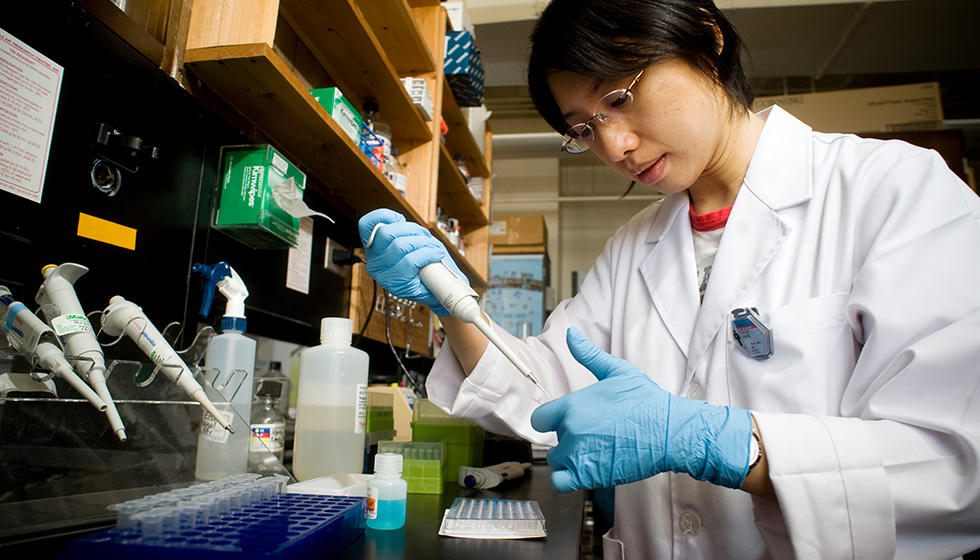Bachelor's Degrees
Bachelor’s degrees in biology, engineering, and other related fields can prepare you for a career in the life sciences.
For contract research and diagnostic testing, you can complete a specialized degree in clinical research or clinical development. These programs cover many facets of the field, opening the door to a variety of roles — from a scientist to a project manager to a biostatistician.
For biopharma manufacturing, you can complete a specialized degree in pharmaceutical sciences or minor in biomanufacturing. These programs cover numerous topics and prepare students for a variety of roles at these facilities.
In clinical research, a bachelor’s degree may lead to roles such as:
- Quality assurance
- Lab technician
- Research associate
In biopharma manufacturing, a bachelor’s degree may lead to roles such as:
- Quality assurance
- Manufacturing technician
- Maintenance scheduler
Many universities, colleges, and community colleges across North Carolina have bachelor’s degrees for biopharma or clinical research roles. Those who are interested in pursuing a career in biotech or clinical research should narrow down their field of interest, then consult the list of schools located on the resource guide map.
Bachelor’s Degrees
Clinical Research
North Carolina Central University’s Clinical Research B.S. prepares students for clinical research positions in clinical management and clinical trials.
Campbell University’s B.S. in Clinical Research provides didactic coursework and a semester-long internship to prepare students for careers in contract research organizations, pharmaceutical companies, or academia.
UNC-Wilmington’s B.S in Clinical Research provides students with a broad understanding of the science, regulatory, and business aspects of developing new therapies.
Biopharma Manufacturing
North Carolina Central University’s Biomanufacturing Research Institute and Technology Enterprise (BRITE) combines highly credentialed faculty with state-of-the-art equipment and facilities to create an unparalleled learning environment. BRITE’s programs include focuses in drug discovery, biomanufacturing, pharmaceutical sciences, and clinical resesearch sciences.
- Undergraduate Programs: Pharmaceutical Sciences, BS
NC State University’s Biomanufacturing Training & Education Center (BTEC) is a unique, cross-disciplinary instructional center that provides educational and training opportunities to develop skilled professionals for the biomanufacturing industry. It also provides bioprocess development and analytical services to a wide range of customers from academia and industry.
Undergraduate/bachelor’s programs:
- Minor in Biomanufacturing
- Undergraduate certificate
- Accelerated Bachelor’s/Master’s (ABM) degree program
East Carolina University’s Department of Engineering offers two bachelor’s degrees to prepare students for careers in biopharma manufacturing.
Jobs Requiring a Bachelor’s Degree
Laboratory Technician
Process Development Scientist
Data Coordinator
Process Engineer
Clinical Research Associate
Quality Assurance
Quality Control
Header image photo credit: LabCorp
